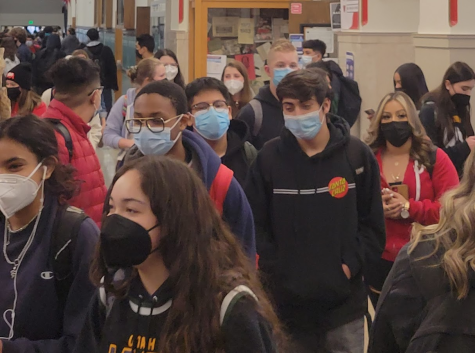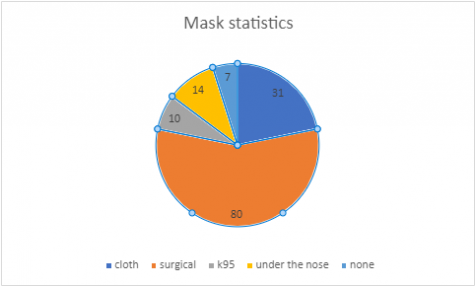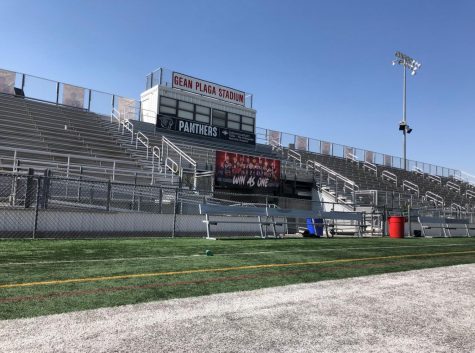A Conversation with the Salt Lake City School Board
March 24, 2021
It’s no surprise that a lot of school board decisions have influenced how the events of the past school year have played out. So, we decided to ask some questions to the board members of the Salt Lake City School District and answer some of the questions you may have had over this past year: questions ranging from the future of in-person school, to contrasting opinions over past decisions, learning recovery, and hopes for the next school year.
We were only able to get a response from a few of the board members we contacted, one of whom was board vice president Nate Salazar. When we asked him how he believes this school year has gone this far, he said: “I think the return to in-person learning this last month has gone really well, and I want to thank teachers, administrators, parents and students for their resilience over this past year. While I know it’s been a tough year, it was so important to us to focus on safety and to do all we could to mitigate the spread of COVID-19 in our communities.”
Along with Mr. Salazar, Ms. Kristi Swett also responded to this question, saying: “This year has certainly been challenging, but looking at what went well and what didn’t go so smoothly will provide valuable information for future instruction.”
Among the parents and the students of our community, opinions about bringing students back to in-person school have been relatively split. Some parents want their kids to be able to walk into their classes again, but others have reservations. Naturally, the board received feedback and opinions from parents and students on both sides of this debate.
“I appreciated the time and effort made by students, parents and district employees, who reached out to me by email, mail and phone calls,” said Ms. Swett. “The feedback was definitely split in half [between] those who wanted to remain in remote school and those who wanted the option or choice of in person instruction.”
“I received many different kinds of feedback throughout this last year of the pandemic,” said Mr. Nate Salazar, in regards to the amount of feedback he, too, received. “The pandemic engendered a lot of different emotions in all of us, including myself, about reopening schools. Despite the tone, criticism, and praise of the feedback I received, the one thing I learned is that all of our parents care deeply about their student’s safety, emotional well-being, and academic success.”
Although many are already asking, “Well, what about next year? What will be better? What will change?,” no one is entirely certain as nothing concrete has been decided yet.
Mr. Joél-Léhi Organista, a board member newly elected in January of this year, shared some of his hopes for the upcoming school year:
“I would love this coming school year to be the start of the needed journey towards healing and education for liberation. We need to radically transform our education system. We have the school board and incoming new superintendent to do that work. The leadership is there. The community is craving and needing this transformation. The employees from the teachers, administrators, bus drivers, custodians, secretaries, after school leaders, and district staff are itching for this transformation. This transformation isn’t about in-person or online. It’s about grounding all our services.”
Mr. Organista also works on other boards, including the Education for Liberation Network, which he’s led for over a decade now, and the board of the League of United Latin American Citizens (LULAC), which is the oldest Latino civil rights organization in Utah. Both boards relate to the new possibilities that could be made to better the education system. These possibilities may prove useful in the future, making next year’s return to West safer and more efficient.


